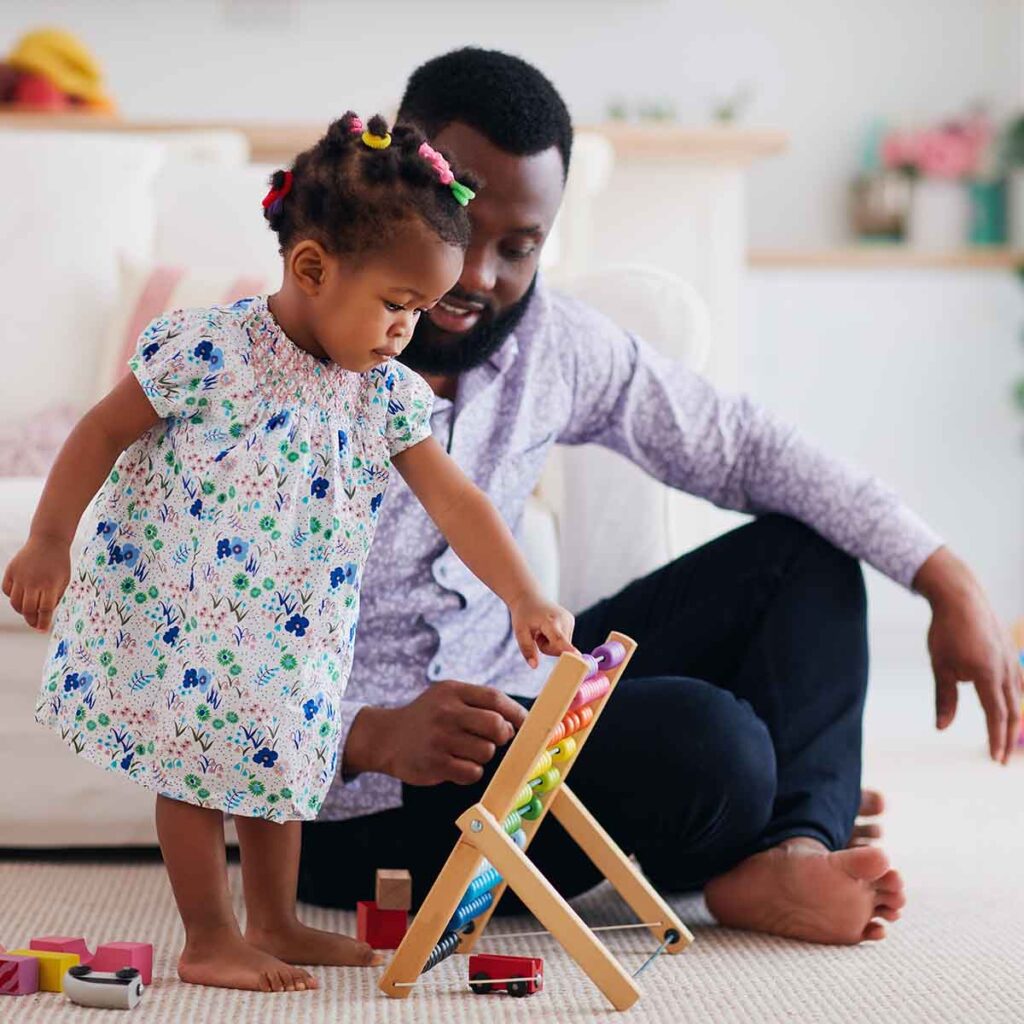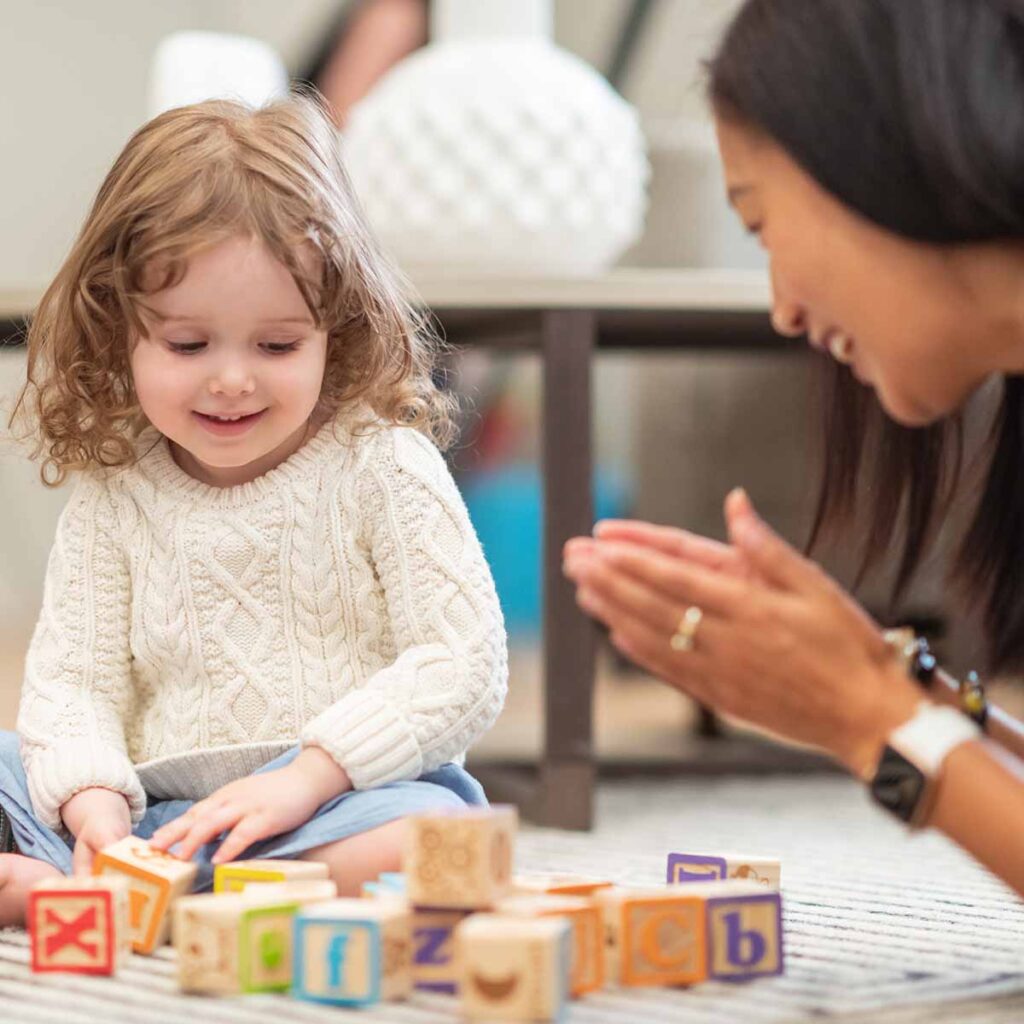Applied Behavior Analysis (ABA) is a therapy based on the science of learning and behavior. ABA therapy applies our understanding of how behavior works to real situations. The goal is to increase behaviors that are helpful and decrease behaviors that are harmful or affect learning. Behavior analysis focuses on the principles that explain how learning takes place.
Positive reinforcement is one principle. When a behavior is followed by a reward there is a high chance the behavior will increase. In comparison, when a behavior is not followed by a reward there is a high change the behavior will decrease.
ABA Therapist use ABA Therapy to improve the quality of life for children, families, and communities using the science of behavior change. ABA can be used in teaching specific skills that may not be in a child’s repertoire of skill to help him or her function effectively at home, school, or in the community. ABA Therapy also addresses behavior excesses such as tantrum behaviors, aggressive behaviors, self-injurious behaviors, and other inappropriate behaviors. It can be utilized in parent/caregiver training as well.


Speech therapy addresses challenges with language and communication. It can help children with autism improve their verbal, nonverbal, and social communication. The overall goal is to help children communicate in more useful and functional ways.
Speech therapy services execute corrective programs to restore or enhance a child’s communication effectiveness after evaluating them for language and speech impairments or disorders. Speech-language pathologists (SLPs) evaluate and treat children with voice, fluency, speech, and language impairments. A language disorder refers to problems understanding or stringing words together to communicate concepts, whereas a speech disorder typically refers to issues with the actual production of sounds.
These services could be required if a child has conditions like stuttering, hearing loss, weakened mouth muscles, autism, or any number of swallowing issues, to name a few.
Special instruction is an early intervention service that focuses on promoting caregiver – child interactions and supporting caregivers in learning new strategies they can use to enhance the child’s development and participation in the natural activities and routines of everyday life.
A Special Instructor (SI) is a therapist who concentrates on assisting and comprehending your child’s overall social, emotional, and cognitive development. You can discover how to set up a learning environment that is most beneficial to your child’s development from Special Instructors. For instance, a child’s learning environment must contain language if he or she is experiencing language delays.
Similar to this, a child with a social delay needs social games and interactive play in his or her learning environment.
